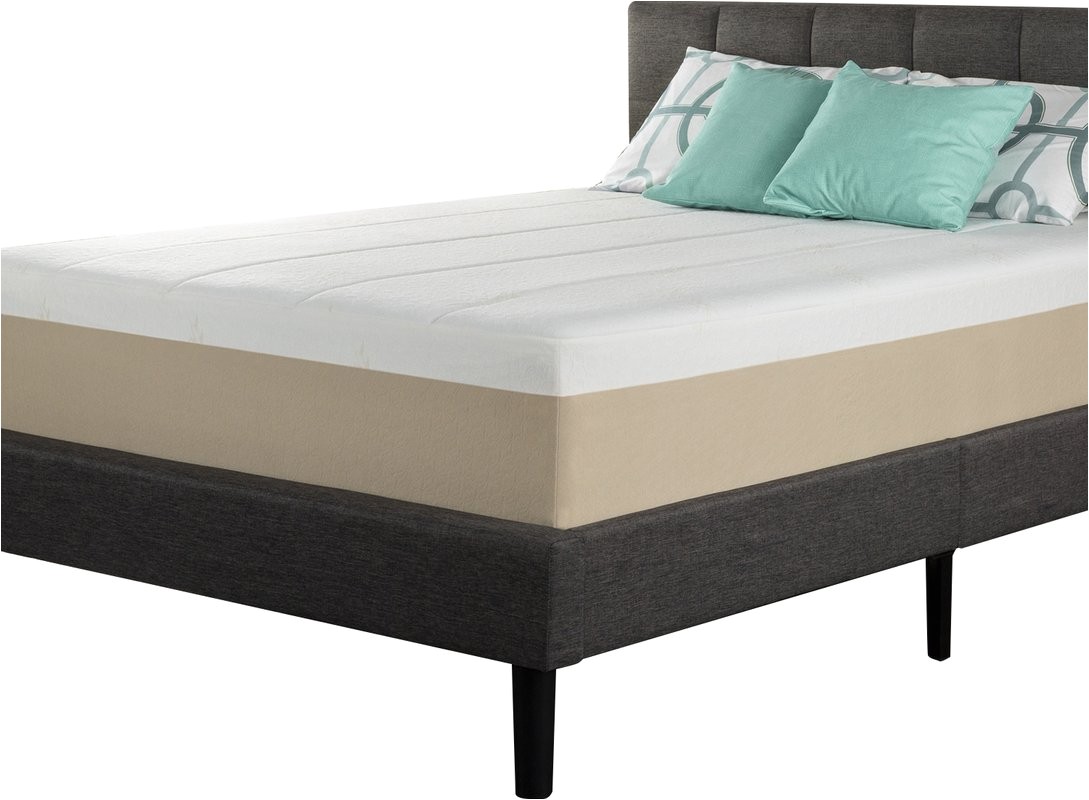Unclogging a Bathroom Sink
If you've noticed that your bathroom sink is draining slower than usual, it's important to address the issue before it becomes a major headache. A slow draining bathroom sink can be caused by a variety of factors, but luckily, there are several solutions that you can try to unclog it and get it running smoothly again.
How to Fix a Slow Draining Bathroom Sink
One of the first things you should try when dealing with a slow draining bathroom sink is using a plunger. Make sure to cover the overflow opening with a damp cloth or tape before plunging. This will help to create a better seal and increase the effectiveness of the plunge. Plunge vigorously for a few minutes and then check if the water is draining more quickly.
If plunging doesn't do the trick, the next step is to try using a homemade drain cleaner. Mix 1/2 cup of baking soda with 1/2 cup of vinegar and pour it down the drain. Let it sit for 15 minutes before flushing it with hot water. This combination will help to break down any built-up debris in the pipes.
DIY Solutions for a Slow Draining Bathroom Sink
If the plunger and homemade drain cleaner don't work, there are a few other DIY solutions you can try. One option is to use a drain snake, which is a long, flexible tool that can be inserted into the drain to remove any clogs. You can purchase a drain snake at most hardware or home improvement stores.
Another DIY solution is to use a mixture of salt and baking soda. Mix 1/2 cup of each and pour it down the drain. Follow it up with 1/2 cup of vinegar and let it sit for 15 minutes before flushing with hot water. The abrasive action of the salt and baking soda can help to clear out any debris in the pipes.
Common Causes of a Slow Draining Bathroom Sink
Understanding the common causes of a slow draining bathroom sink can help you prevent the issue from happening in the future. One common cause is hair buildup, especially if you shave over the sink. The hair can easily get caught in the drain and create a blockage. Another common cause is soap scum and toothpaste residue, which can also build up over time and slow down the draining process.
Additionally, small objects like jewelry or toothpaste caps can accidentally fall down the drain and create a blockage. It's important to be mindful of what you're putting down the sink to prevent these types of clogs.
How to Clear a Clogged Bathroom Sink Drain
If your bathroom sink is completely clogged and none of the DIY solutions are working, it may be time to bring out the big guns. You can purchase a chemical drain cleaner from most stores, but be cautious as they can be harmful to your pipes and the environment. Make sure to follow the instructions carefully and use it sparingly.
If you're uncomfortable using chemical drain cleaners, you can also try using a wet/dry vacuum to suck out any debris from the drain. Simply place the vacuum hose over the drain and turn it on to remove any clogs.
Tips for Maintaining a Fast Draining Bathroom Sink
Once you've successfully unclogged your bathroom sink, it's important to take preventative measures to keep it draining quickly. One easy way to maintain a fast draining bathroom sink is to use a hair catcher over the drain to prevent hair from getting caught.
You can also make it a habit to flush your sink with hot water regularly to help break down any potential buildup in the pipes. Additionally, avoid putting any small objects down the drain and make sure to clean out the stopper regularly to prevent any buildup.
Using Natural Remedies to Unclog a Bathroom Sink
If you prefer to use natural remedies instead of harsh chemicals, there are several options available for unclogging a bathroom sink. As mentioned before, a mixture of baking soda and vinegar can be an effective solution. You can also try using a combination of salt, baking soda, and lemon juice to break down any clogs.
Another natural option is to use a drain snake made from wire or plastic to physically remove any debris from the drain. These can be purchased at most stores and are safe for your pipes and the environment.
Professional Plumbing Services for Slow Draining Bathroom Sinks
If all else fails, it may be time to call in the professionals. A plumber will have the necessary tools and expertise to unclog your bathroom sink and determine the root cause of the issue. They may also be able to offer preventative measures to help keep your sink draining smoothly in the future.
While it may be more expensive than trying DIY solutions, hiring a professional can save you time, effort, and potential damage to your pipes.
Preventing Slow Draining Bathroom Sinks
The best way to deal with a slow draining bathroom sink is to prevent it from happening in the first place. Make sure to follow good habits such as not putting small objects down the drain, using a hair catcher, and regularly cleaning out the stopper and overflow opening. These simple steps can go a long way in preventing clogs and keeping your sink draining quickly.
Signs That Your Bathroom Sink Drain Needs to be Cleaned
Lastly, it's important to know the signs that your bathroom sink drain needs to be cleaned before it becomes a major issue. If you notice that the water is draining slower than usual, there's a foul odor coming from the drain, or the sink is making gurgling noises, it's time to take action.
Don't wait until the sink is completely clogged to address the issue. By paying attention to these warning signs, you can prevent a major headache and keep your bathroom sink running smoothly.
The Importance of Maintaining a Fast-Flowing Bathroom Sink Drain

Why a Slow-Draining Sink Can Cause Problems
 A slow-draining bathroom sink can be a major inconvenience in any household. Not only does it create a mess and unpleasant odors, but it can also lead to bigger plumbing issues if left unaddressed. The main culprit behind a slow-draining sink is usually a buildup of debris, such as hair, soap scum, and toothpaste, in the drain pipe. This can restrict the flow of water and cause it to back up, resulting in a slow drain.
Not only does a slow-draining sink affect the functionality of your bathroom, but it can also impact the overall aesthetic of your house.
A clogged or dirty sink can make the entire bathroom look unkempt and unhygienic. This can be especially problematic if you have guests over or are trying to sell your house. Potential buyers may be turned off by a slow-draining sink and see it as a sign of poor maintenance and neglect.
A slow-draining bathroom sink can be a major inconvenience in any household. Not only does it create a mess and unpleasant odors, but it can also lead to bigger plumbing issues if left unaddressed. The main culprit behind a slow-draining sink is usually a buildup of debris, such as hair, soap scum, and toothpaste, in the drain pipe. This can restrict the flow of water and cause it to back up, resulting in a slow drain.
Not only does a slow-draining sink affect the functionality of your bathroom, but it can also impact the overall aesthetic of your house.
A clogged or dirty sink can make the entire bathroom look unkempt and unhygienic. This can be especially problematic if you have guests over or are trying to sell your house. Potential buyers may be turned off by a slow-draining sink and see it as a sign of poor maintenance and neglect.
The Role of Proper Drain Maintenance in House Design
 Proper maintenance of your bathroom sink drain is crucial in maintaining the overall design and functionality of your house. A clogged or slow-draining sink can disrupt the flow of your daily routine and cause unnecessary stress. It can also lead to costly repairs if the issue is not addressed promptly.
Regular cleaning and maintenance of your bathroom sink drain can prevent clogs and ensure it continues to function efficiently.
This can also extend the lifespan of your plumbing system, saving you money in the long run. Additionally, a fast-flowing sink drain can enhance the overall aesthetic of your bathroom, making it a more inviting and pleasant space.
Proper maintenance of your bathroom sink drain is crucial in maintaining the overall design and functionality of your house. A clogged or slow-draining sink can disrupt the flow of your daily routine and cause unnecessary stress. It can also lead to costly repairs if the issue is not addressed promptly.
Regular cleaning and maintenance of your bathroom sink drain can prevent clogs and ensure it continues to function efficiently.
This can also extend the lifespan of your plumbing system, saving you money in the long run. Additionally, a fast-flowing sink drain can enhance the overall aesthetic of your bathroom, making it a more inviting and pleasant space.
Simple Tips for Maintaining a Fast-Flowing Sink Drain
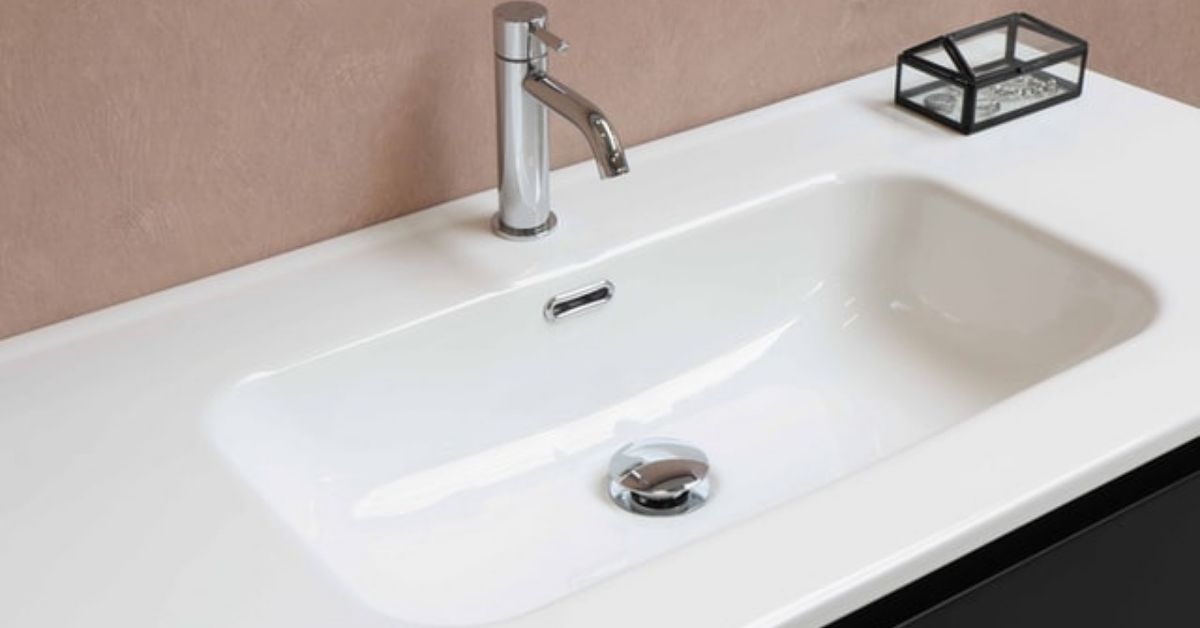 To avoid the hassle and inconvenience of a slow-draining sink, there are some simple steps you can take to maintain a fast-flowing drain. Regularly
pouring hot water down the drain
can help dissolve any buildup and keep the pipes clean. You can also use a mixture of baking soda and vinegar to naturally break down any debris and keep the drain smelling fresh.
Investing in a drain cover or strainer
can also prevent large debris from entering the drain and causing clogs.
In conclusion, a slow-draining bathroom sink may seem like a minor issue, but it can have significant consequences if not addressed. By prioritizing proper maintenance and following these simple tips, you can ensure a fast and efficient sink drain, contributing to the overall design and functionality of your house. Don't neglect your sink drain - it plays a crucial role in the daily operations of your household.
To avoid the hassle and inconvenience of a slow-draining sink, there are some simple steps you can take to maintain a fast-flowing drain. Regularly
pouring hot water down the drain
can help dissolve any buildup and keep the pipes clean. You can also use a mixture of baking soda and vinegar to naturally break down any debris and keep the drain smelling fresh.
Investing in a drain cover or strainer
can also prevent large debris from entering the drain and causing clogs.
In conclusion, a slow-draining bathroom sink may seem like a minor issue, but it can have significant consequences if not addressed. By prioritizing proper maintenance and following these simple tips, you can ensure a fast and efficient sink drain, contributing to the overall design and functionality of your house. Don't neglect your sink drain - it plays a crucial role in the daily operations of your household.


:max_bytes(150000):strip_icc()/plumber-unclogging-kitchen-sink-169270382-5810e7bb5f9b58564c5dd92b.jpg)


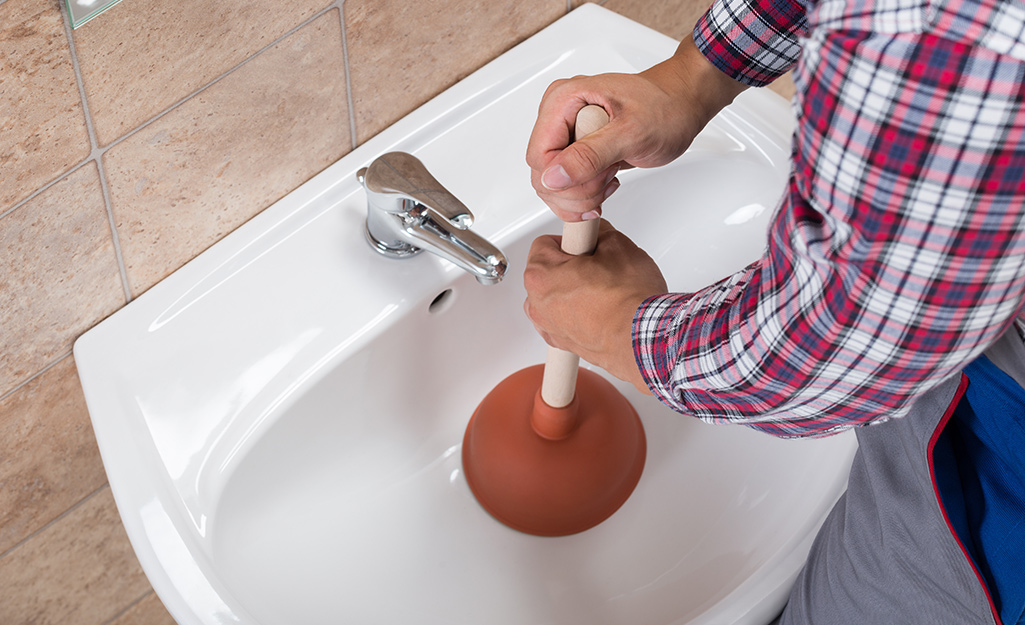
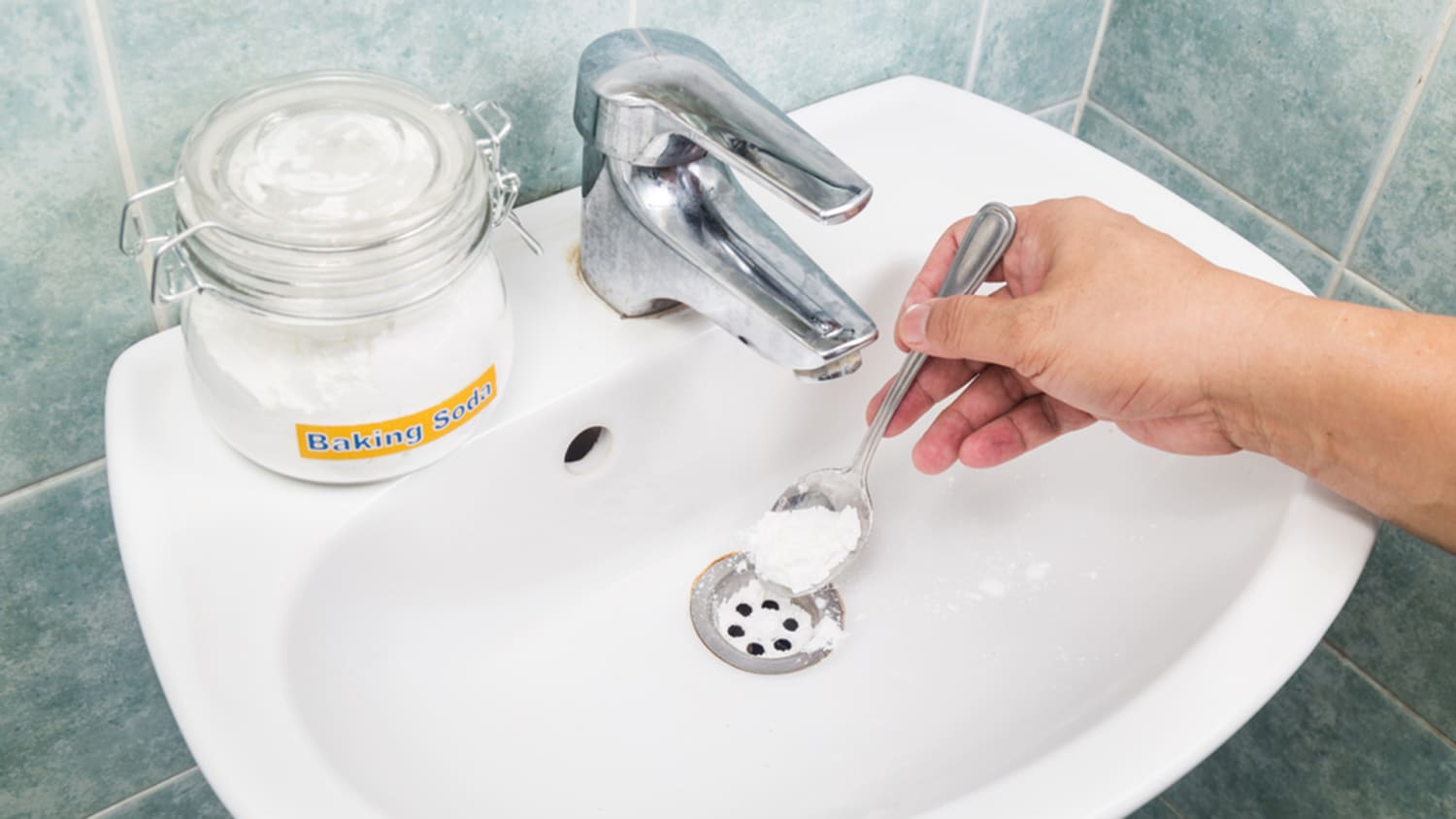



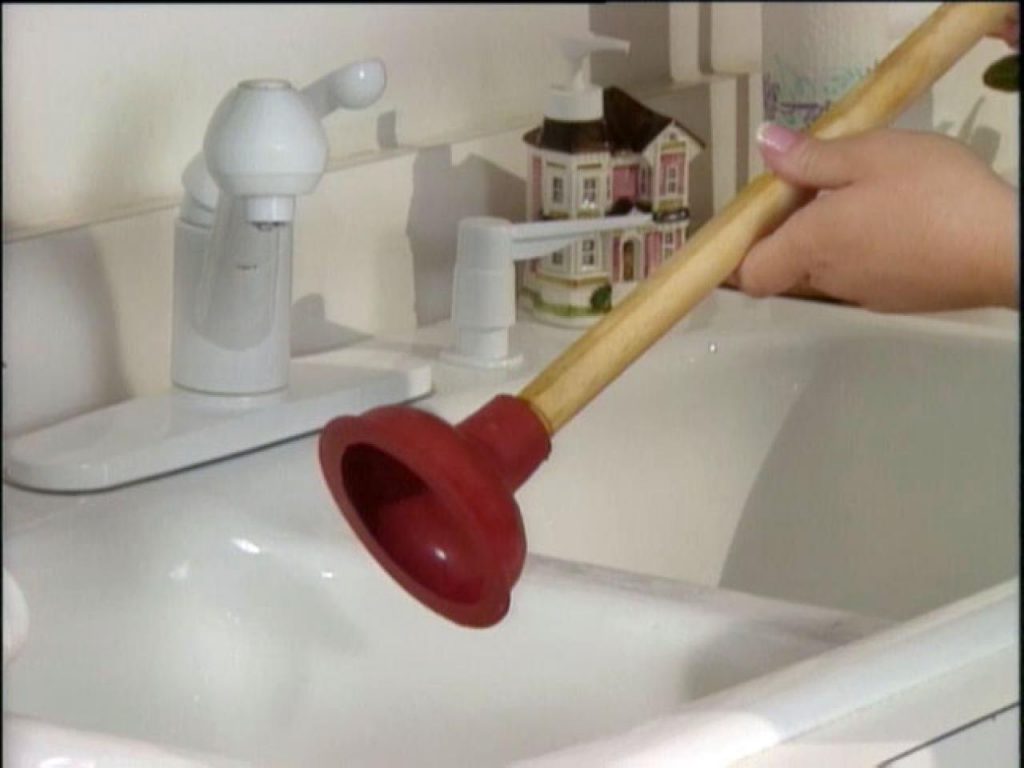












:max_bytes(150000):strip_icc()/Five-Ways-to-Fix-a-Slow-Sink-Drain-03-24c1f6dd477d46b9b5d1f70952a76933.jpg)

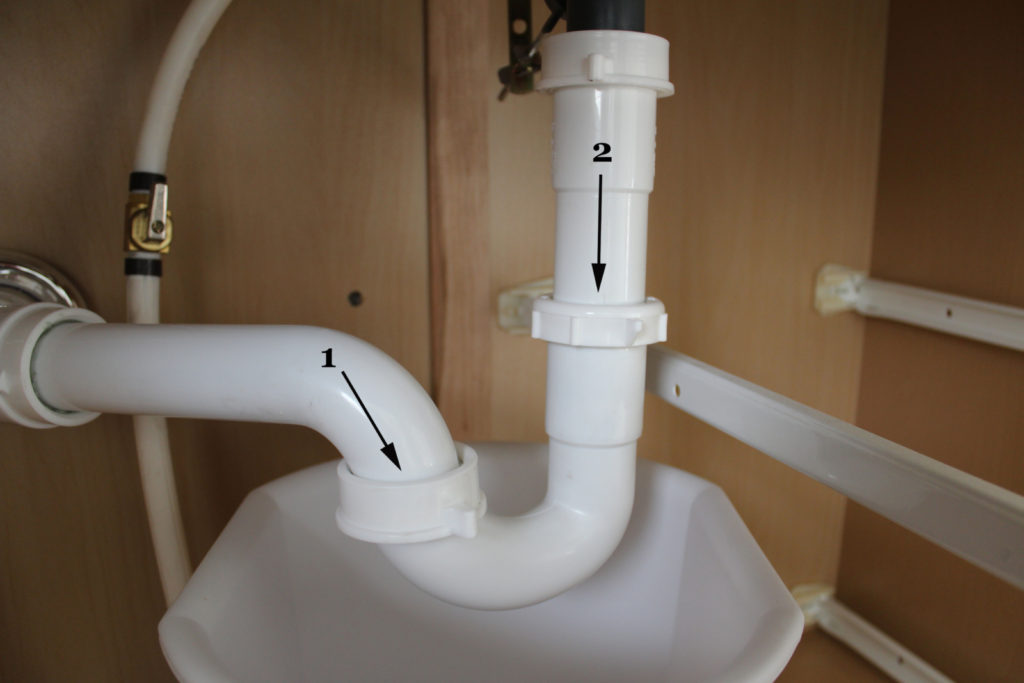




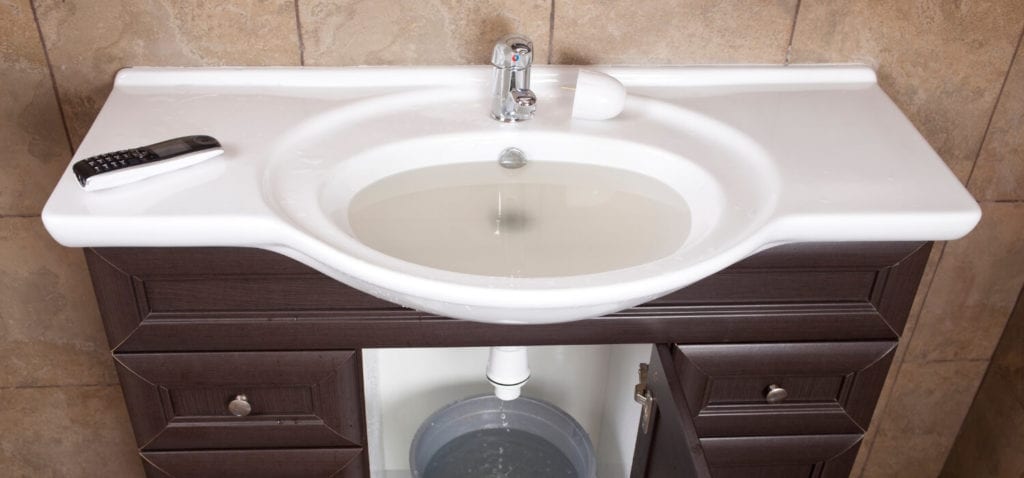










:max_bytes(150000):strip_icc()/freshen-and-unclog-drain-with-baking-soda-1900466-22-bbf940b70afa4d5abef0c54da23b1d3f.jpg)
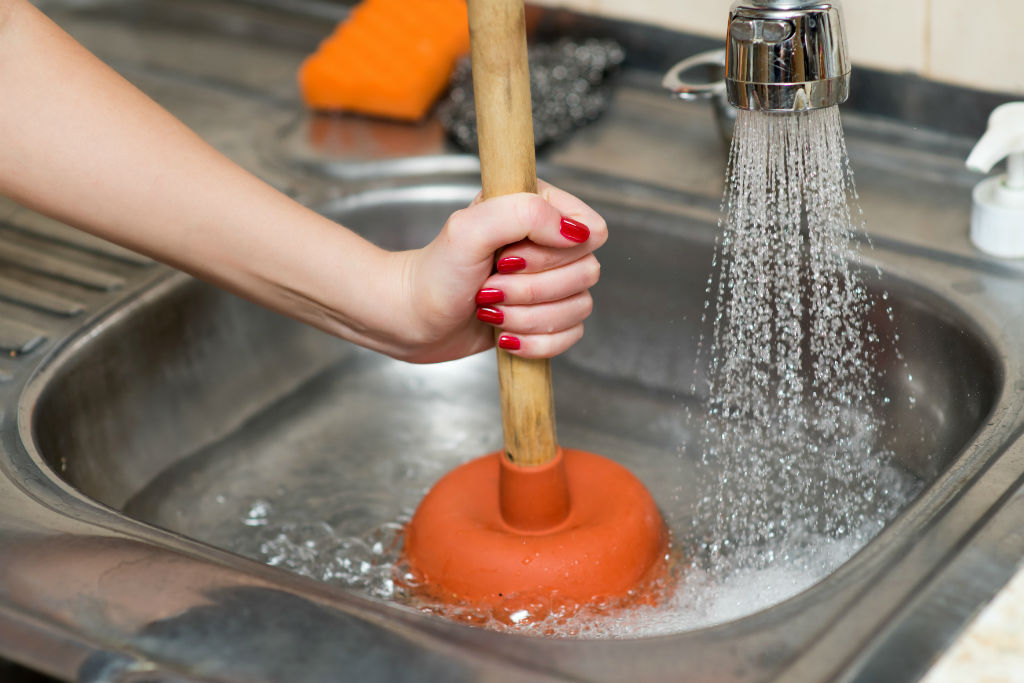











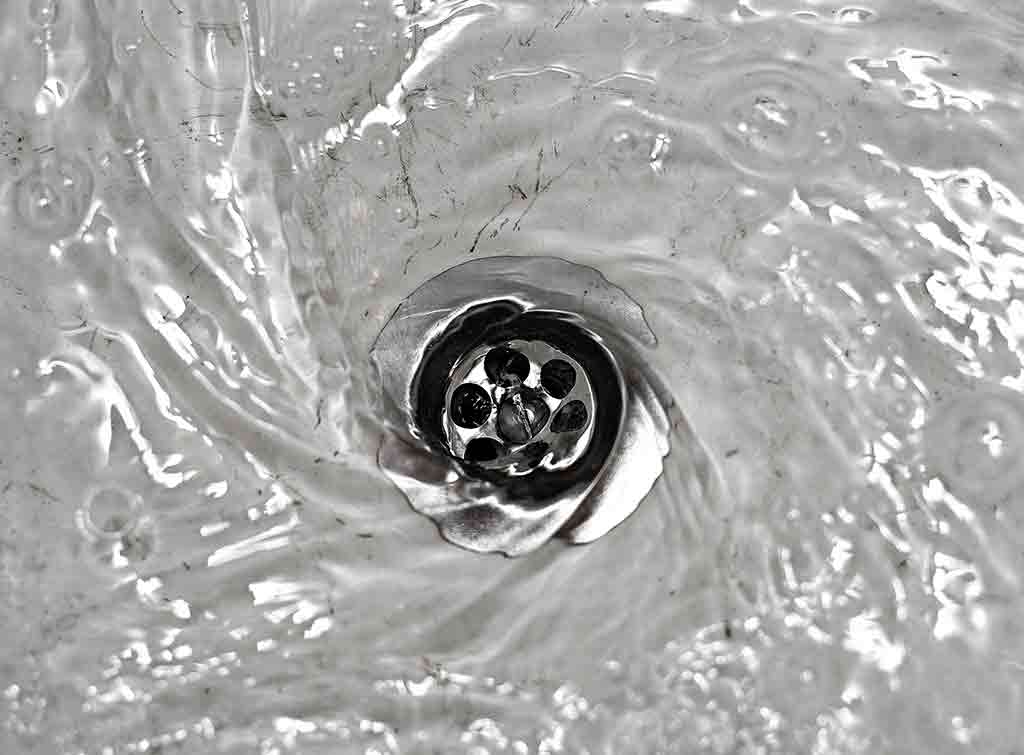







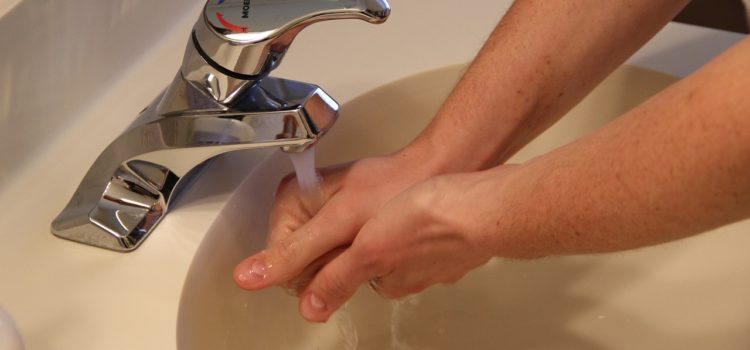
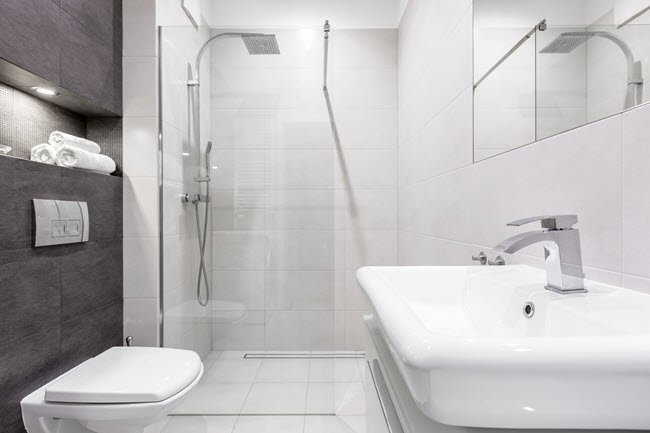



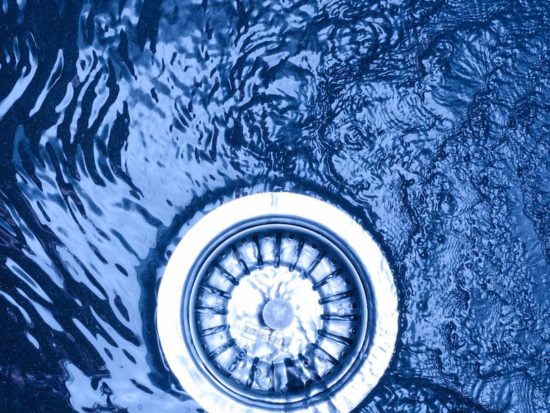
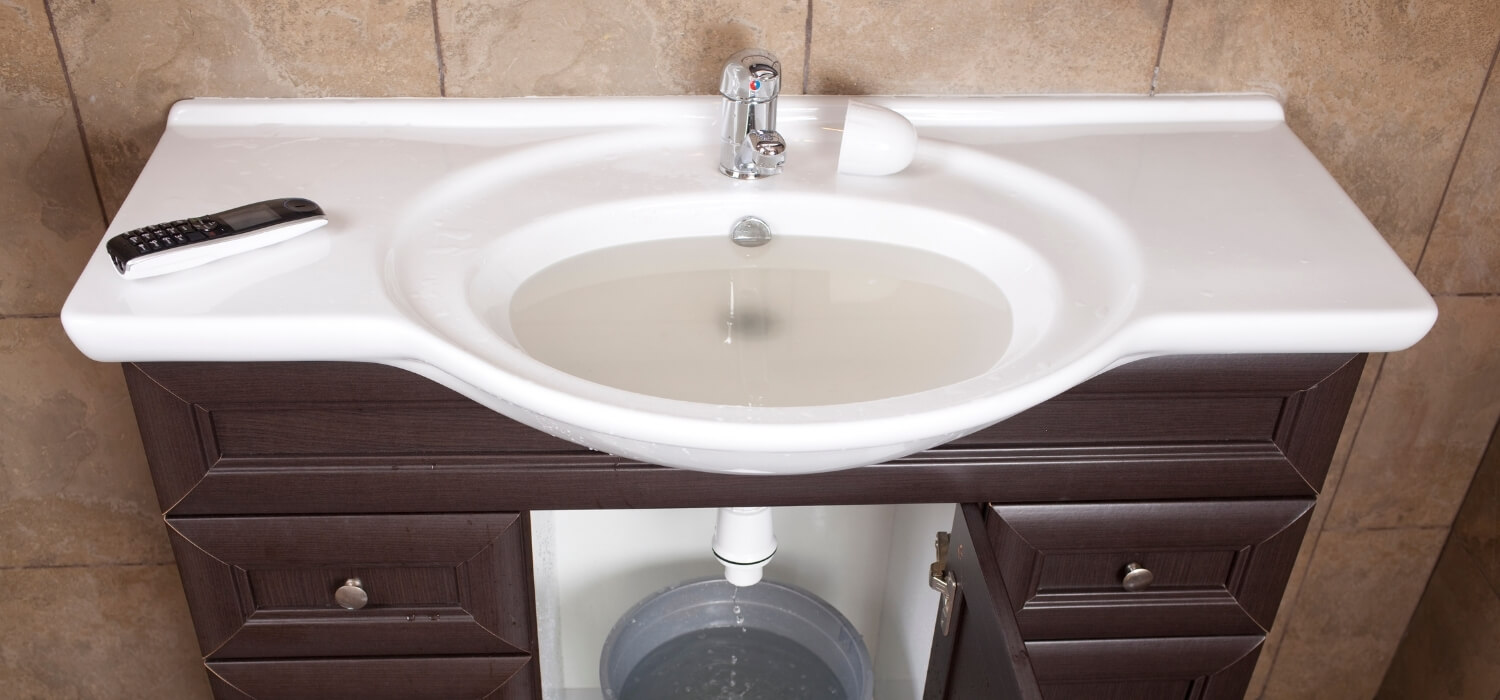

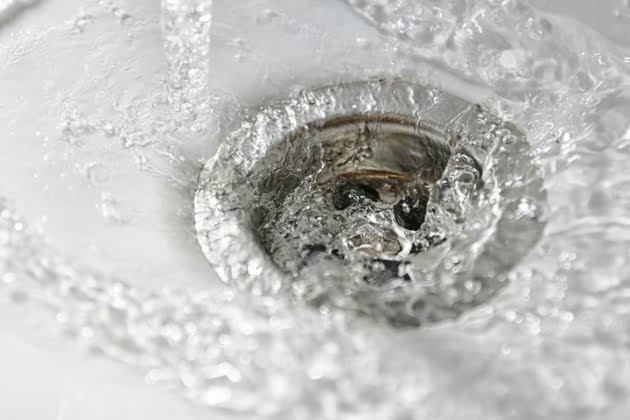
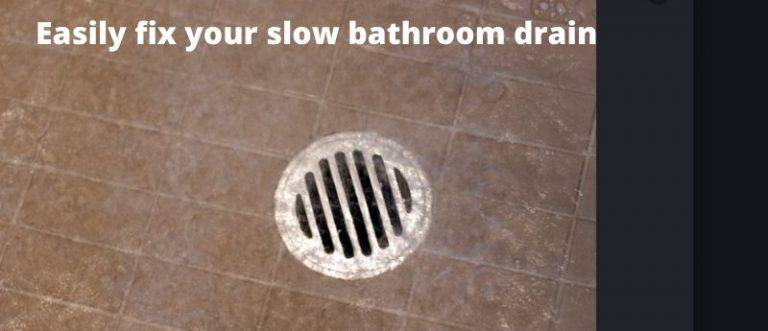



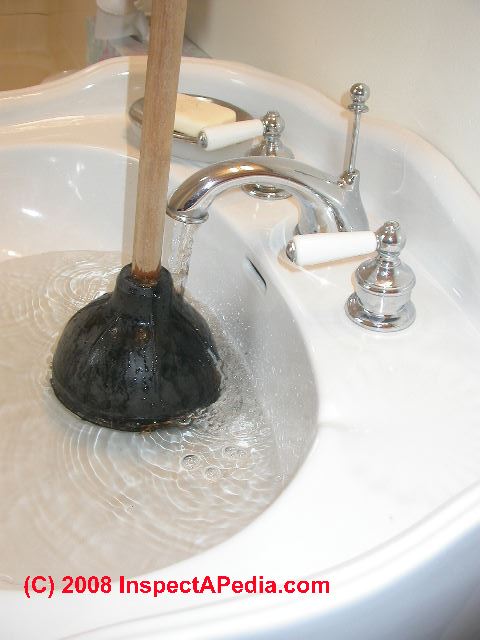
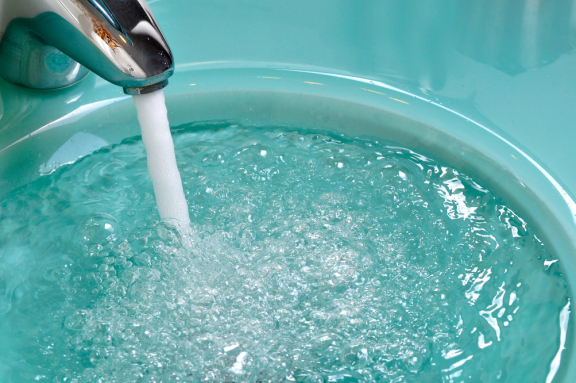
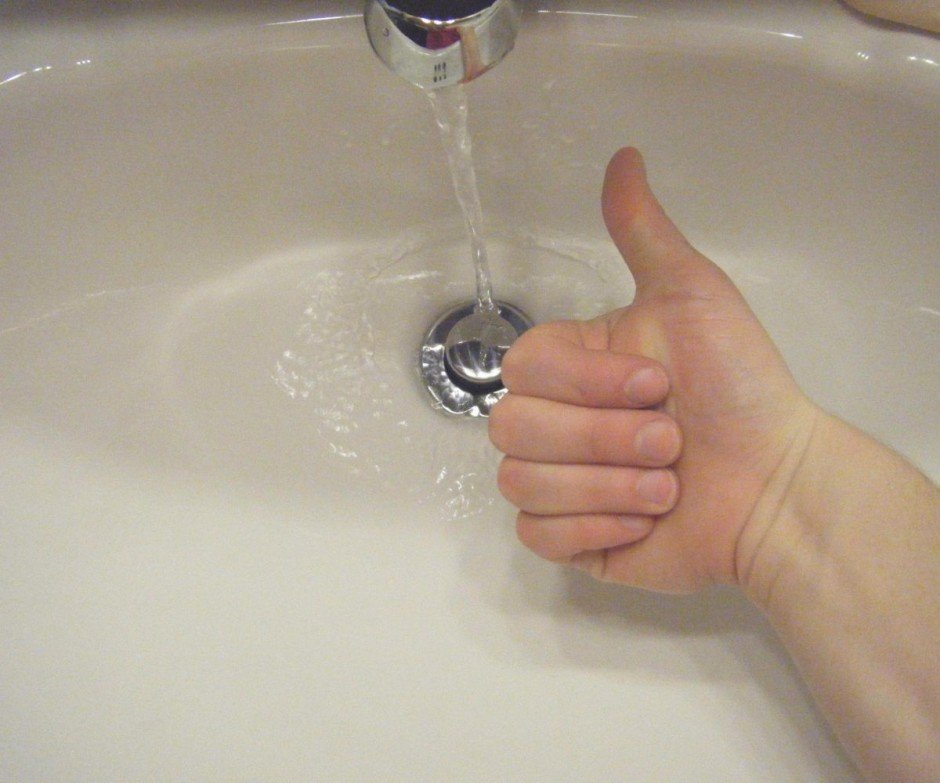
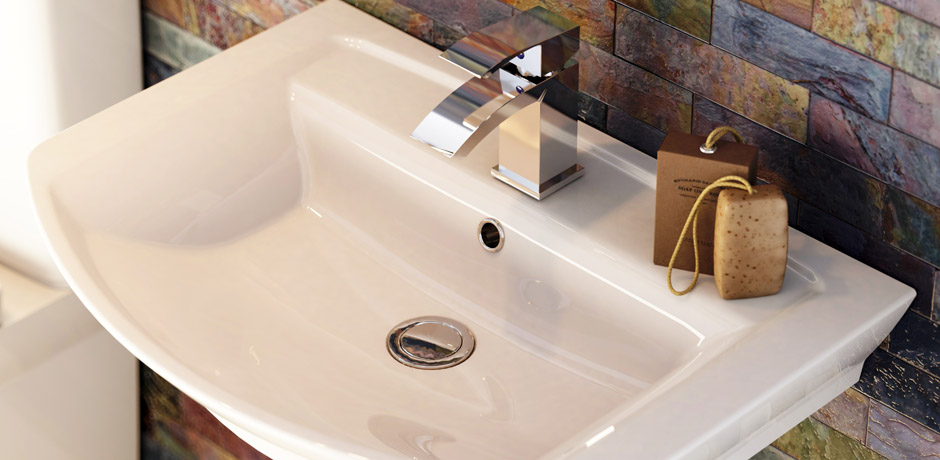


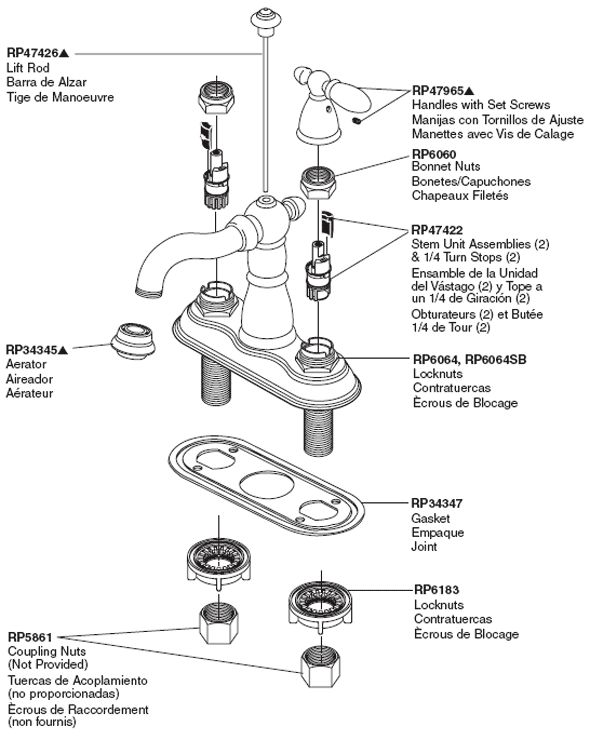



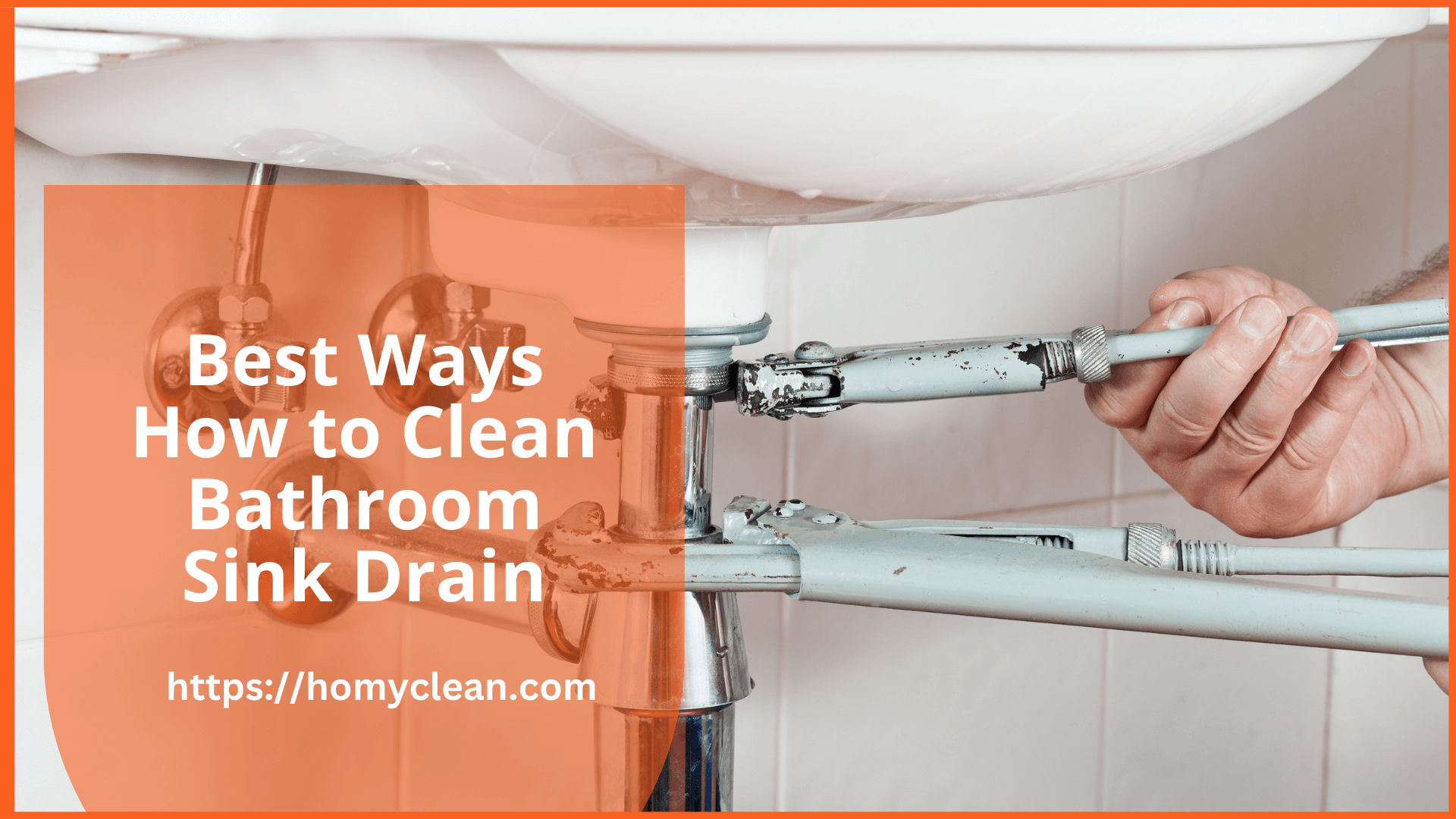
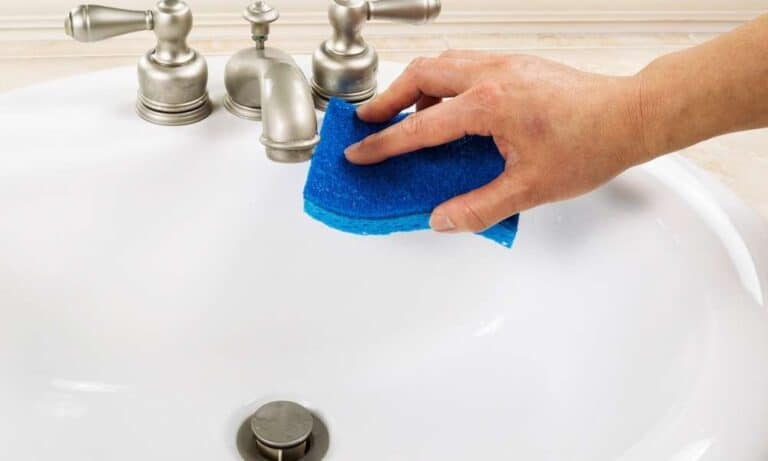

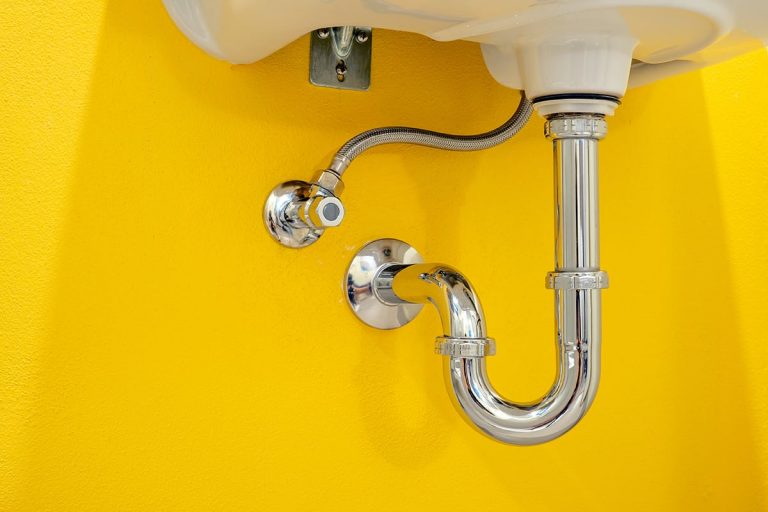


:strip_icc()/how-to-clean-a-bathroom-sink-drain-01-c728294c8bee42428afdf3e69f449279.jpg)


